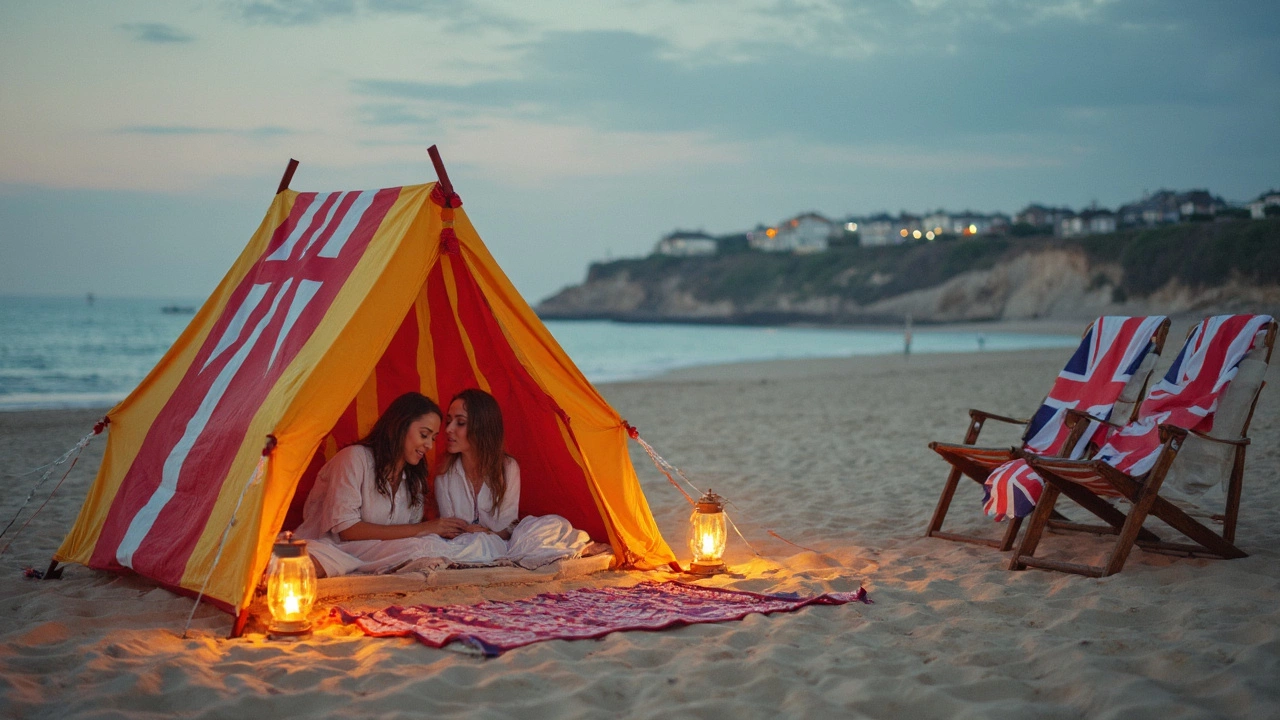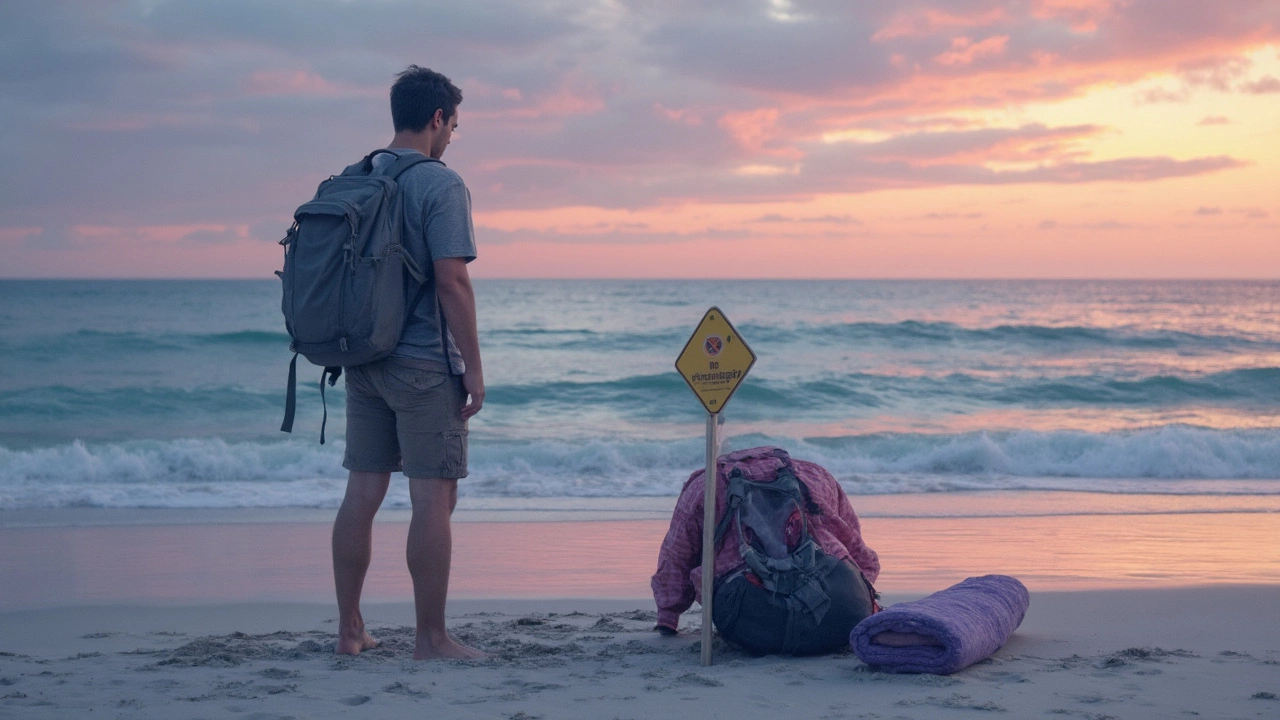Overnight Beach Tips – How to Sleep Safely on the Coast
Ever thought about pulling up to the shoreline, rolling down the windows, and falling asleep to the sound of waves? It sounds perfect, but a night on the sand can turn into a headache if you don’t know the rules or basics. Below are the must‑know tips that let you enjoy a night by the sea without fines, storms, or bad mornings.
Legal Basics for Beach Camping
First thing – check the local council or parking signs. Some beaches allow overnight parking for a few hours, others ban it completely. In the UK, most council beaches treat the sand as public land, so you need permission or a designated campsite. Look for signs that say "No Overnight Parking" or "Restricted Area" – ignore them at your own risk.
If you’re unsure, a quick call to the local authority or a glance at their website can save you a ticket. Many seaside towns offer official car‑park bays for motorhomes that charge a small fee. These spots are usually close to the beach and have waste‑disposal points.
Don’t set up in nature reserves, wildlife zones, or near dunes that are protected. Even if there’s room, removing sand or disturbing flora can lead to heavy fines. Stick to paved car parks or designated wild‑camping areas that the council lists as legal.
Practical Comfort & Safety Hacks
Once you’ve found a legal spot, keep comfort simple. A low‑profile motorhome or camper van fits best – it’s easier to park, stays out of the way, and uses less fuel. If you’re using a car, make sure the seats fold flat and you have a good sleeping pad.
Bring a portable battery‑powered fan if it’s warm, and a warm blanket for chilly nights. A small mosquito net or repellent spray helps keep bugs away, especially around dusk. Keep your lights dim and your music low – other beachgoers appreciate a quiet night.
Security matters. Store valuables out of sight, lock doors, and use a steering wheel lock if you have one. A cheap travel lock on your luggage adds another layer of safety.
Mind the tide. Check the tide times before you settle in; a high tide can turn a comfortable spot into a wet mess quickly. A quick look at a tide chart on a phone app tells you when the water will rise.
Leave no trace. Pack out every piece of rubbish, even small wrappers. Use the designated waste points in the car park, or bring a sealed bag for later disposal. A tidy beach stays beautiful for the next camper.
Lastly, respect neighbours. If you’re near a family campsite, keep your door closed and avoid strong smells. A little courtesy goes a long way and keeps the beach vibe friendly.
With these legal checks and comfort tricks, overnight beach stays become a relaxing part of your road‑trip routine. You’ll wake up refreshed, the sun rising over the water, and you’ll still have the freedom to hit the road for the next adventure.
-
 VIEW POST
VIEW POSTCan You Sleep in a Beach Tent? What to Know Before You Try
Apr, 24 2025|0 CommentsThinking about catching some sleep inside a beach tent? It sounds dreamy, but there’s a lot you should know first. This article breaks down if and how beach tents work for sleeping, the safety side of things, legal details you could get stuck on, and some real-world tips that could save your trip. You’ll pick up clever hacks for a better night’s rest and the most important dos and don’ts. Get ready to make your next beach camping trip as smooth as possible. -
 VIEW POST
VIEW POSTCan I Sleep on the Beach in Florida? The Real Rules and Best Alternatives
Apr, 17 2025|0 CommentsThinking about catching some sleep right on the sand in Florida? The rules here aren’t as easygoing as you might expect. This article breaks down whether it’s legal to sleep on Florida beaches, what can happen if you try, and which beaches actually allow overnight stays. You’ll also get tips for safe, comfortable beach camping and honest advice on what to expect when planning a sandy snooze in the Sunshine State.